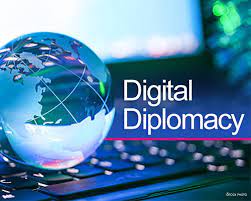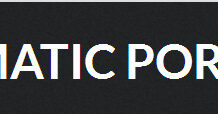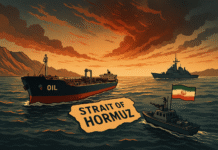In the age of digital technology, it’s no surprise that diplomacy has gone digital. But what does this mean? Digital diplomacy is more than just applying social media to traditional diplomatic functions; it’s a whole new way of engaging with foreign governments and citizens around the world.
Digital diplomacy involves using online tools such as websites, blogs, and social media platforms to communicate with people in other countries. It also includes activities like hosting virtual conferences or meetings, creating online campaigns for international causes, and even developing apps to facilitate communication between diplomats from different nations.
The advantages of digital diplomacy are numerous: it allows for faster communication between countries; it can reach a wider audience than traditional methods; and it provides an opportunity for direct engagement with citizens in other countries who may not have access to traditional diplomatic channels. Additionally, digital diplomacy can be used to build relationships between nations by providing a platform for dialogue on issues that matter most to them.
However, there are some challenges associated with digital diplomacy as well. For example, there is always the risk of miscommunication when communicating through online platforms due to language barriers or cultural differences. Additionally, since anyone can access these platforms at any time from anywhere in the world – including those who wish harm upon others – security measures must be taken seriously when engaging in digital diplomacy activities.
Overall though, digital diplomacy offers many opportunities for governments and individuals alike to engage in meaningful conversations across borders without having physical contact or being limited by geography or time zones. As we continue into an increasingly connected world where technology plays an ever-growing role in our lives – both personally and professionally – understanding how best to use these tools will become increasingly important if we want our global interactions remain productive and positive ones!
Views: 28













